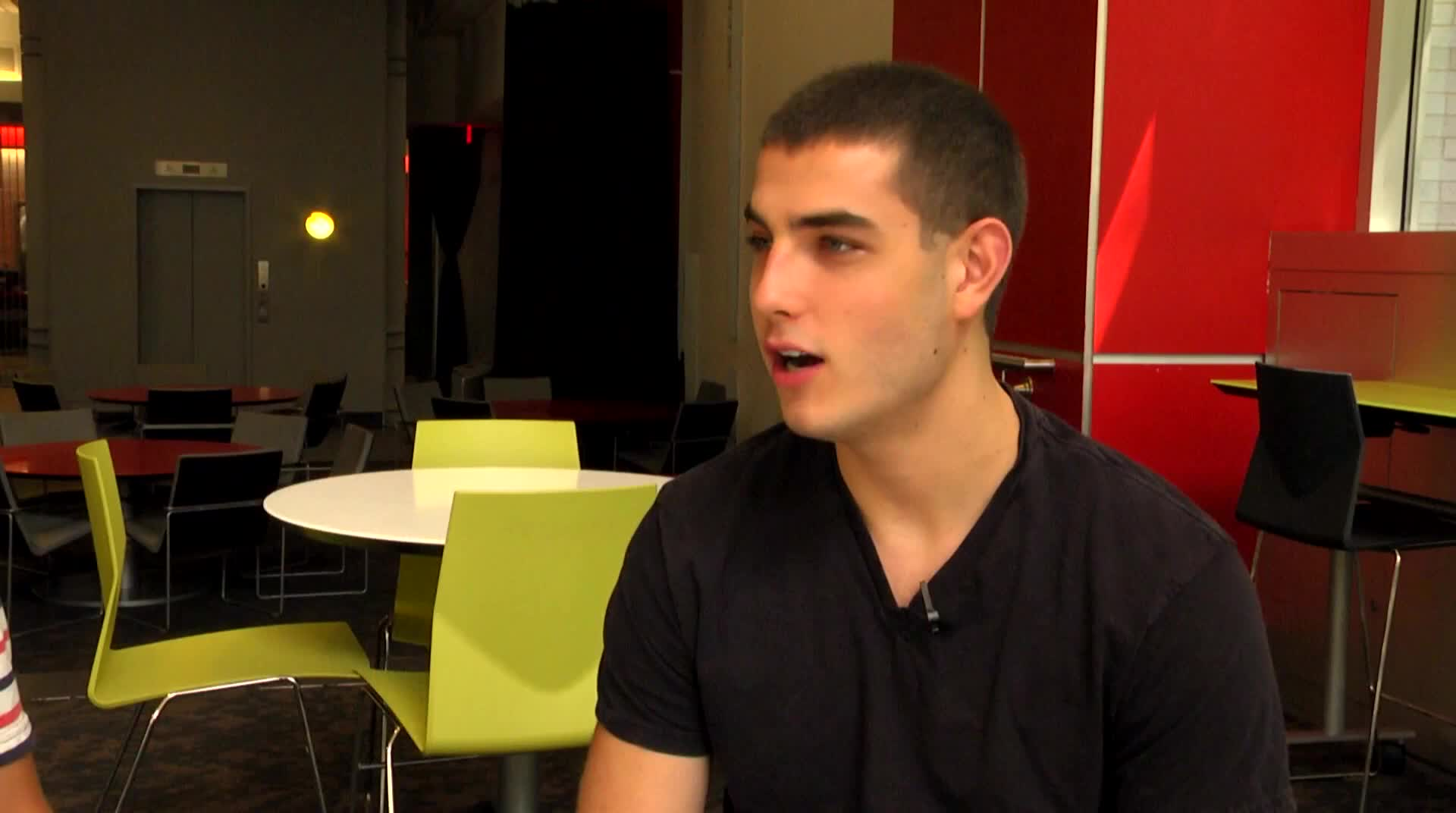As educators, it’s crucial to help middle school students develop the skills necessary for effective communication and positive social interactions. One essential skill is learning to filter thoughts before expressing them, which means considering the impact of words on others’ feelings. This blog post will explore the concept of filtering thoughts, provide a no-prep activity, and suggest discussion questions to engage your students in this important aspect of social-emotional learning.
Introduction
Using a filter means thinking about what you’re going to say before you say it. Sometimes, students have thoughts that could hurt other people’s feelings. It’s essential to teach them to keep these thoughts inside, instead of saying them out loud. When students express their unfiltered thoughts, they can make others feel bad. By learning to filter their thoughts, students can improve their communication skills, foster better relationships, and create a more positive environment for everyone.
No-Prep Activity
Try this simple activity to help your students understand the importance of filtering thoughts. Divide the class into pairs, and ask them to take turns sharing a piece of news or a recent event from their lives. The listener should respond with an unfiltered thought and then a filtered thought. For example:
Speaker: “I tried out for the basketball team, but I didn’t make it.”
Listener (unfiltered): “I’m not surprised, you’re not very athletic.”
Listener (filtered): “I’m sorry to hear that. What do you think you can work on for next time?”
After the activity, bring the class together and discuss the differences in the responses and how the filtered thoughts made the speakers feel compared to the unfiltered ones.
Discussion Questions
- Why is it essential to filter our thoughts before expressing them?
- Can you think of a time when someone didn’t filter their thoughts, and it hurt your feelings? How did it make you feel?
- How can filtering our thoughts lead to better communication and stronger relationships?
- What strategies can you use to filter your thoughts effectively?
- How can we support others in using a filter when speaking?
Related Skills
Learning to filter thoughts is just one aspect of effective communication. Other related skills that can help students succeed socially and emotionally include:
- Active listening: Paying full attention to the speaker and showing empathy and understanding.
- Emotional regulation: Managing emotions effectively to respond appropriately in various situations.
- Assertiveness: Expressing thoughts, feelings, and needs respectfully and confidently.
- Conflict resolution: Addressing and resolving disagreements in a healthy and constructive way.
Next Steps
Developing the skill of filtering thoughts is essential for students’ social-emotional growth. To further explore this skill and other related ones, we encourage you to sign up for free sample materials at Everyday Speech. These resources will provide you with engaging and practical tools to help your middle school students navigate their social world with confidence and empathy.






